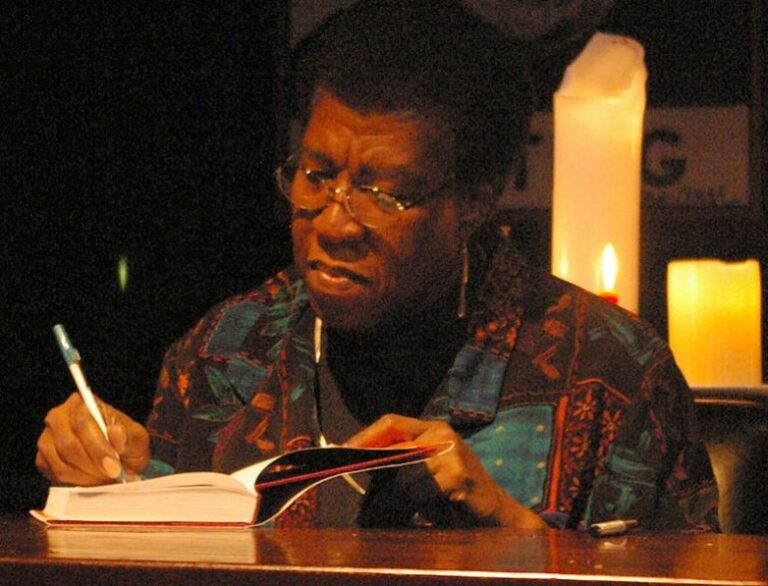The Best Short Story I Read in a Lit Mag This Week: “Fanfare” by Bruno Nelson

Wake up one morning and go to the nearest busy street and sit down on a bench and watch how people walk. Their gait, their posture, their stride, their tempo—these could all tell us a little something about their lives and how they interact with the world. I see voice in fiction operating in the same way; not only what’s being said, but how it’s being said can potentially reveal the whole world of a character. The narrative voice in “Fanfare” (Agni) by Bruno Nelson does just that.
Here’s how the story opens.
“He was born in Kenosha, Wisconsin. He was not an octuplet. He was not conjoined.
He was not a virtuoso and he did not write symphonies. He wondered why his mother always came to his aid when there were seven people living in the house. Later he would play bass clarinet in the high school band.
He did not, at the age of six, derive a formula for summing the integers from one to one hundred. He worried the acorn he planted by the side of the house would grow to take off the roof. He confessed the next day.”
A few things jump out. The first is that it’s presented in a very close third, and a peculiar one at that. After a few lines it begins to read as though the character is speaking about himself in the third person. Second is that narrator is going out of his way to downplay his importance, making it clear that he’s unremarkable in terms of birth, nor is he a child prodigy. But neither is he a flat character—there’s such sweetness and complexity in the acorn image.
Nelson moves quickly through the short summaries of the protagonist’s life, which makes sense, considering the narrative voice’s insistence that its subject isn’t worth much of our time. As the protagonist grows older, the list of what the character didn’t accomplish grows more outlandish, while the list of what he did achieve becomes more mundane. But it’s really funny, both due to the contrast as well as to the understatement of the delivery—and as a result it never feels self-pitying.
“He didn’t discover the source of the Nile. He correctly figured the rainwater in the master bedroom was coming from the sliding glass door on the loft level, not the flat roof deck. For days he mocked the roofer’s speech on water migration.
He did not run through the streets yelling I have found it. Whenever a nude stranger started a conversation in the locker room, he would get irritated.
He was never held for ransom by pirates whom he subsequently captured and executed. He got seven months of free cable when they neglected to terminate his service after he cancelled.”
The narrator is wonderfully jocular; he doesn’t take the heroic narratives he’s ingested his entire life too seriously, nor does he put much stock in his own personal victories. They are the stuff of life, and if there’s an importance to them, it’s that he faced them, no matter how small. Though humorous, this isn’t a passive narrator, nor a passive voice. So then, what does this narrator take seriously? Watch what happens in the last two lines.
“They didn’t find 1800 poems in his desk after he died. He kept a journal for a while in his twenties and ultimately created a body of work on Amazon reviews.
He is not buried at Père Lachaise. His grave marker: name, year of birth, year of death. Too much information, his granddaughter might say.”
What’s his legacy? It’s certainly not personal achievement, at least in terms of occupation, nor did anything he do change the course of civilization. But in the last line we get a different kind of legacy: that of family. But it’s even more than that. Not only does he have a granddaughter, there’s evidence she’s inherited his posture towards the world, and the most remarkable thing about this story—his voice.


